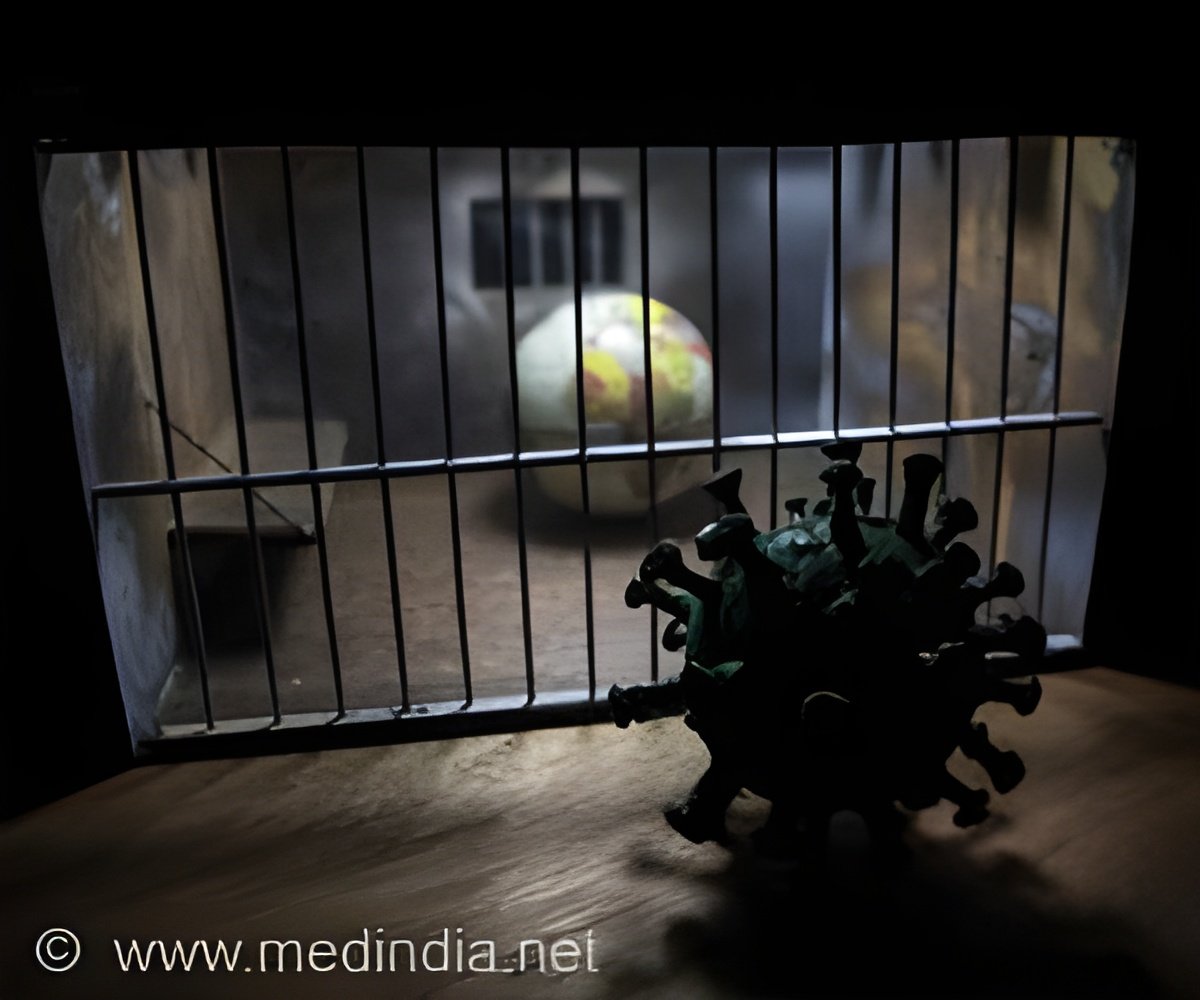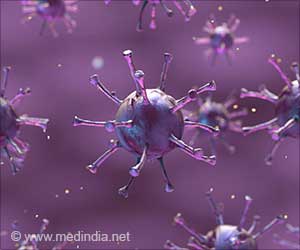New study explores how COVID-19 lockdown policies should be varied during the year or so gap between when a vaccine is approved and when all who wish have been vaccinated.

‘Easing COVID-19 lockdown intensity gradually after substantial shares of the population have been vaccinated is typical, but other strategies can be used depending on the condition.’





Lockdowns are expensive in terms of lost economic output and lost the freedom to travel, and only a handful of countries succeeded in avoiding widespread infection altogether until the majority had been vaccinated (1✔ ✔Trusted SourceShould the COVID-19 lockdown be relaxed or intensified in case a vaccine becomes available?
Go to source).
Vaccines are relatively cheap and confer at least partial immunity for some time. Several were invented, tested, and approved in record-breaking time, but it took approximately 6−24 months (depending on the country) to produce and distribute enough to vaccinate everyone who wants it.
That raises the question of what should happen to lockdown intensity during a vaccine rollout. Keeping this in mind, an international team of researchers investigated how lockdown policies and vaccinations should be balanced to optimize public health and economic outcomes during the vaccine roll-out period.
Novel Coronavirus Disease: Delicate Balancing Act Between Health and Economy
The study used a dynamic optimization model that captured both epidemiological and economic considerations, including factors such as vaccination rates, infection rates, and economic losses. The findings were published in the European Journal of Operational Research.They found that there is no simple answer to the question: vaccinations and lockdowns can be either complements or substitutes depending on various model parameters.
For parameters reflecting conditions in developing countries, lockdowns should typically be relaxed after substantial shares of the population are vaccinated. However, the researchers also found that for slightly different parameter constellations, vastly different lockdown policies may be optimal.
Advertisement
While the period of the vaccine rollouts is now finished concerning the COVID-19 pandemic, considering its immense impact, policymakers must be prepared for possible pandemics in the future.
Advertisement
At least two arguments spring to mind pointing in opposite directions (2✔ ✔Trusted Source
The hammer and the jab: Are COVID-19 lockdowns and vaccinations complements or substitutes?
Go to source). One is that since vaccination removes people from the pool of susceptibles, thereby reducing the epidemic’s effective ”reproductive rate” if all else were held equal, one can relax the lockdown commensurately without triggering a resurgence. That approach views vaccines and lockdowns as substitutes; as vaccines arrive, they ease up on lockdowns.
Another view is that harsh lockdowns might not be feasible or desirable for decades on end, but if full vaccination is right around the corner, it would be foolish to risk getting sick now.
Sticking with stiff lockdowns just a little longer might prevent death or lifelong complications of “long COVID”. According to that view, vaccines and lockdowns can be complements. The vaccine increases the appeal of a strict lockdown that would otherwise be prohibitively long and expensive.
References:
- Should the COVID-19 lockdown be relaxed or intensified in case a vaccine becomes available? - (https://journals.plos.org/plosone/article/comments?id=10.1371/journal.pone.0273557)
- The hammer and the jab: Are COVID-19 lockdowns and vaccinations complements or substitutes? - (https://www.sciencedirect.com/science/article/pii/S0377221723003193)
Source-Medindia















